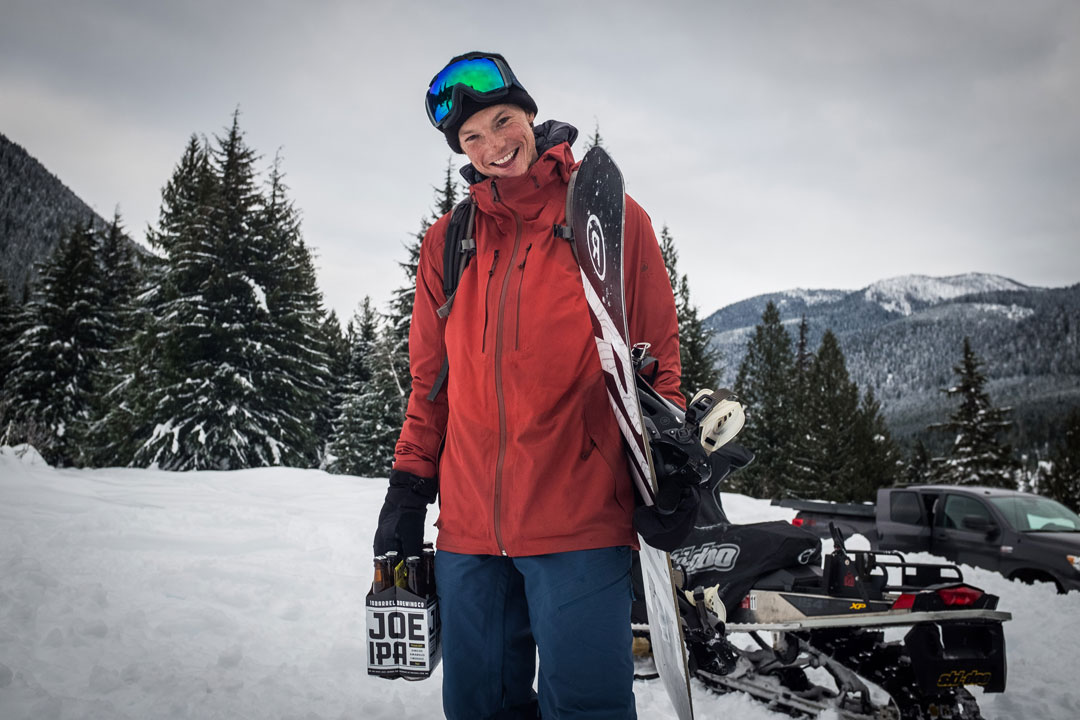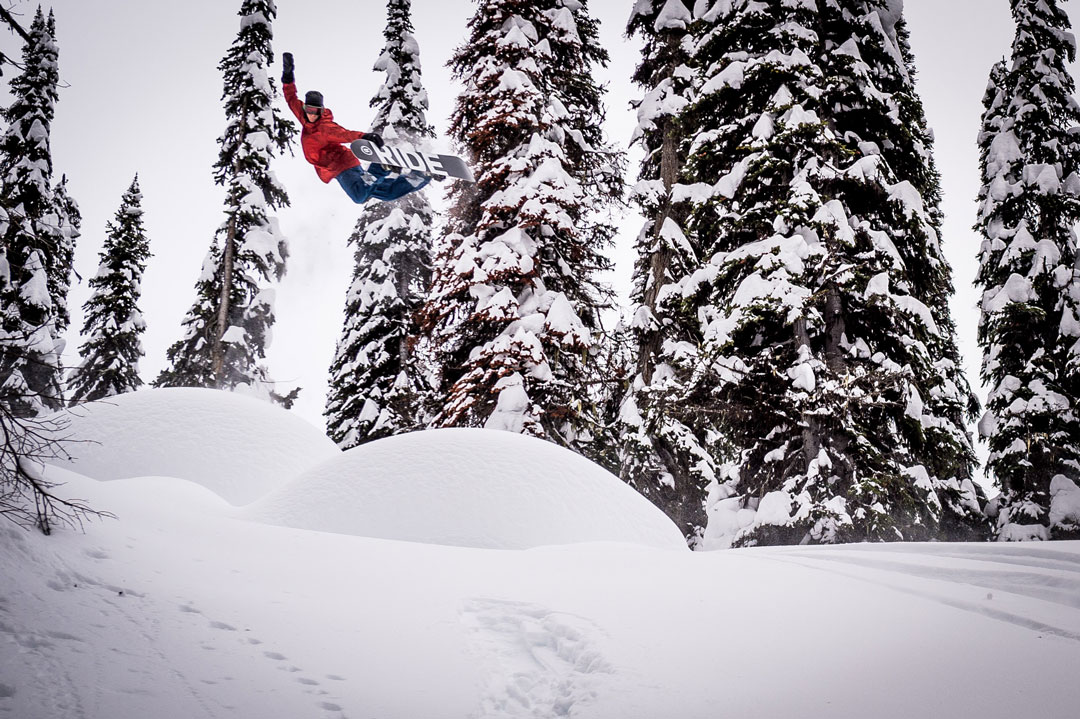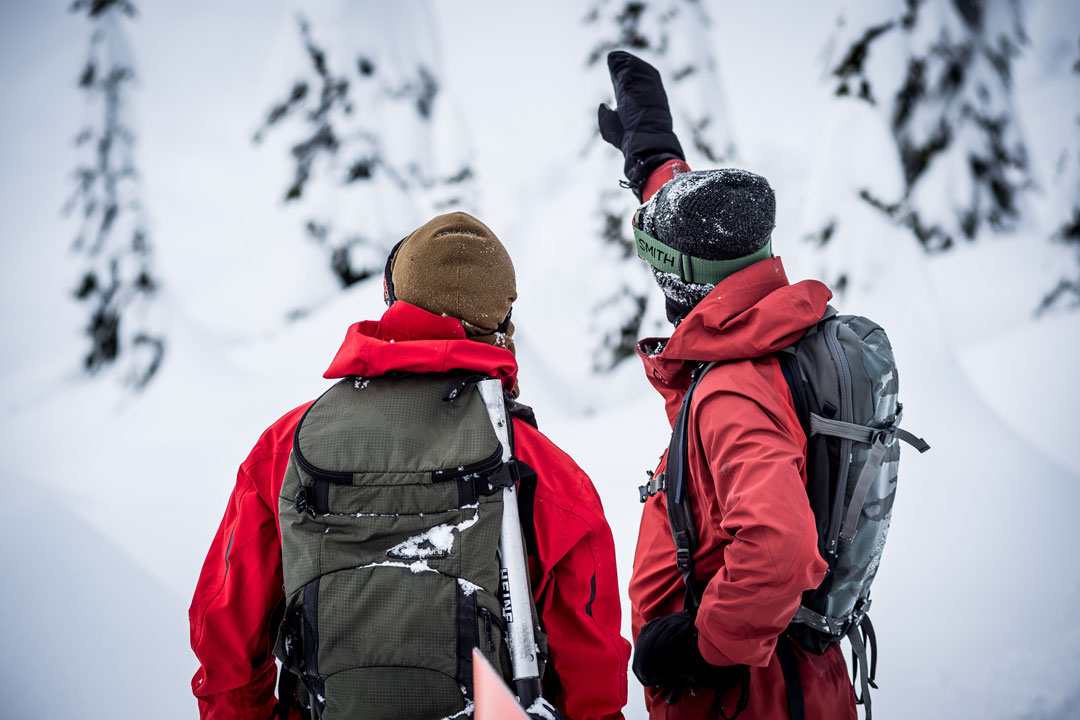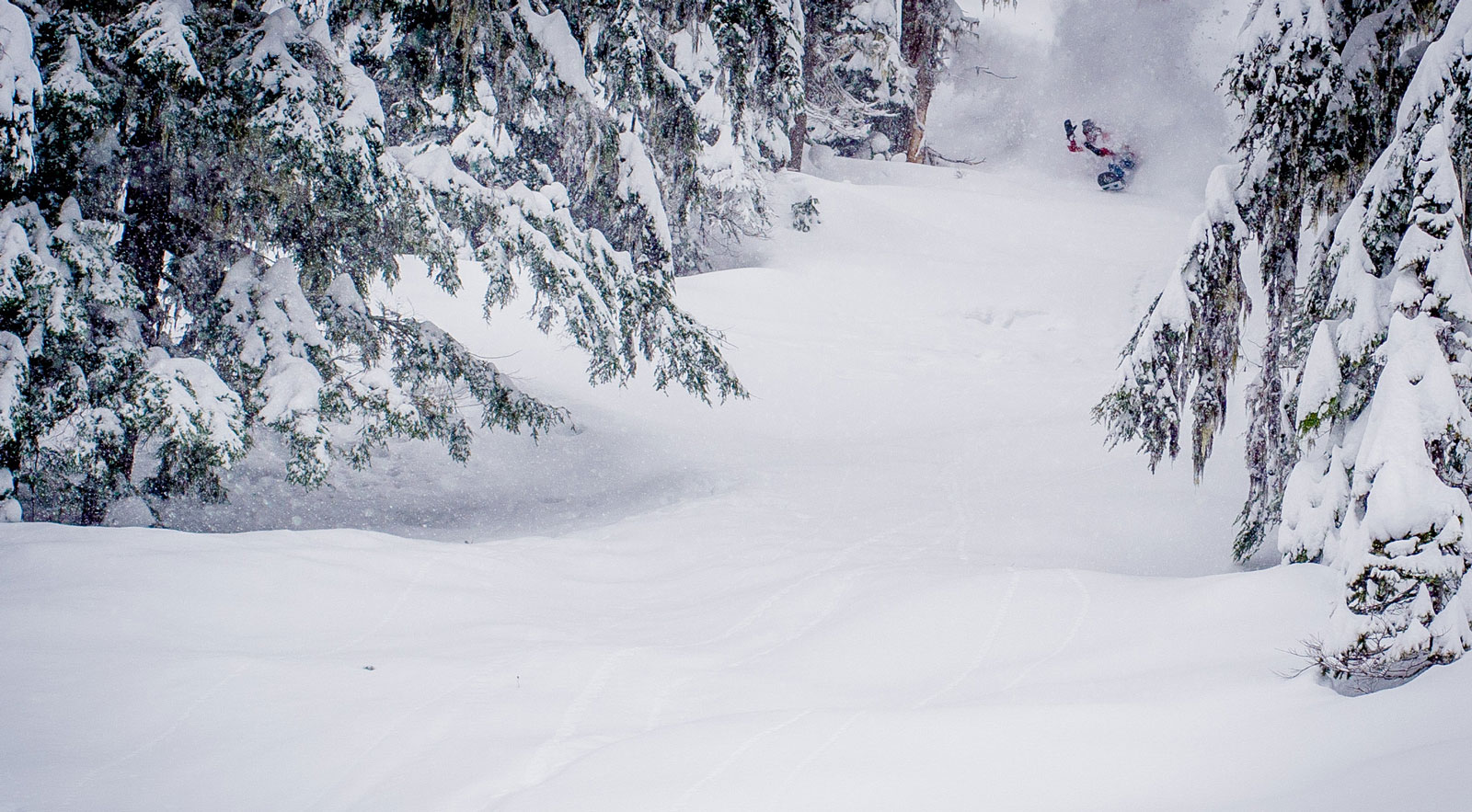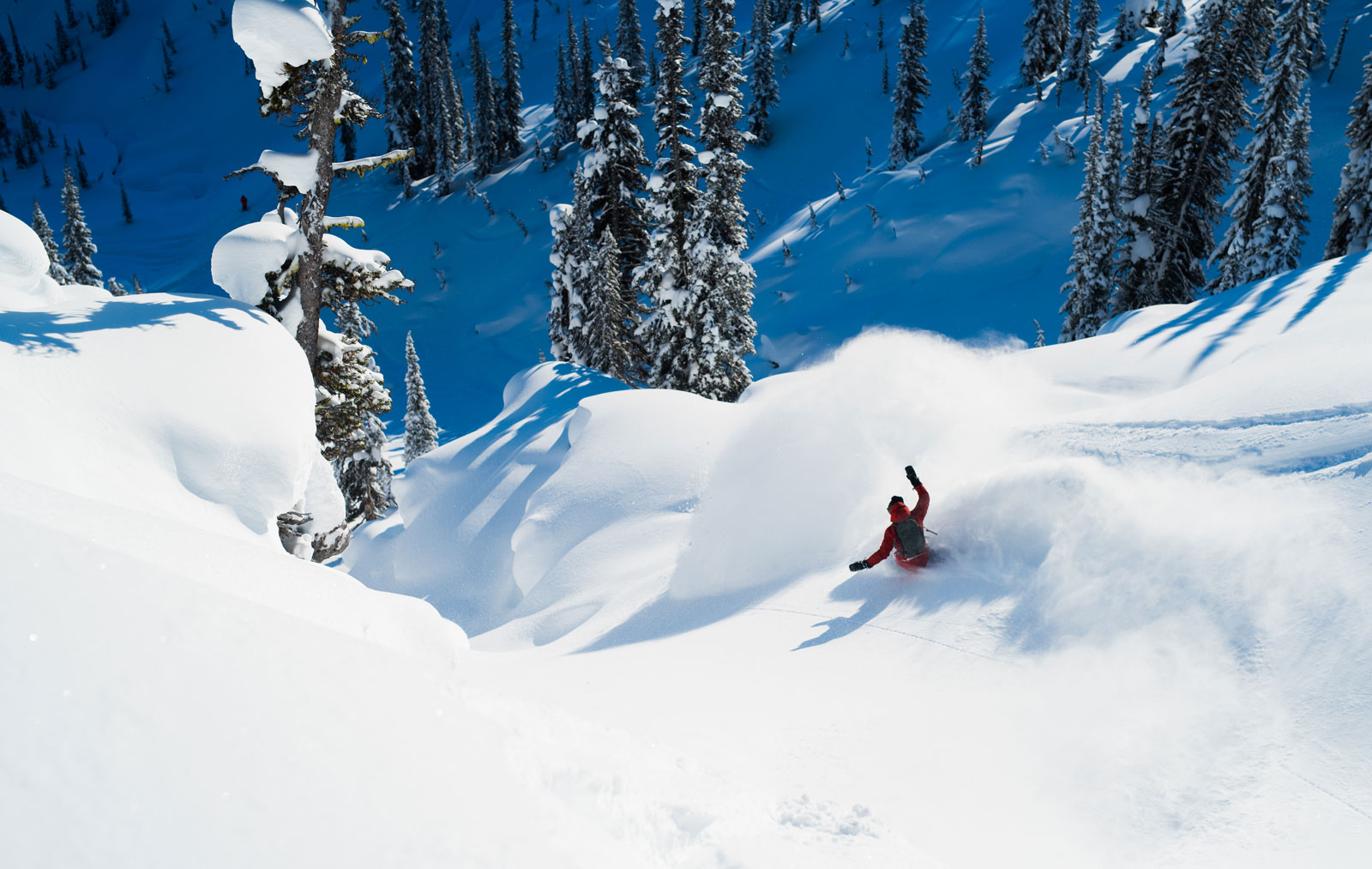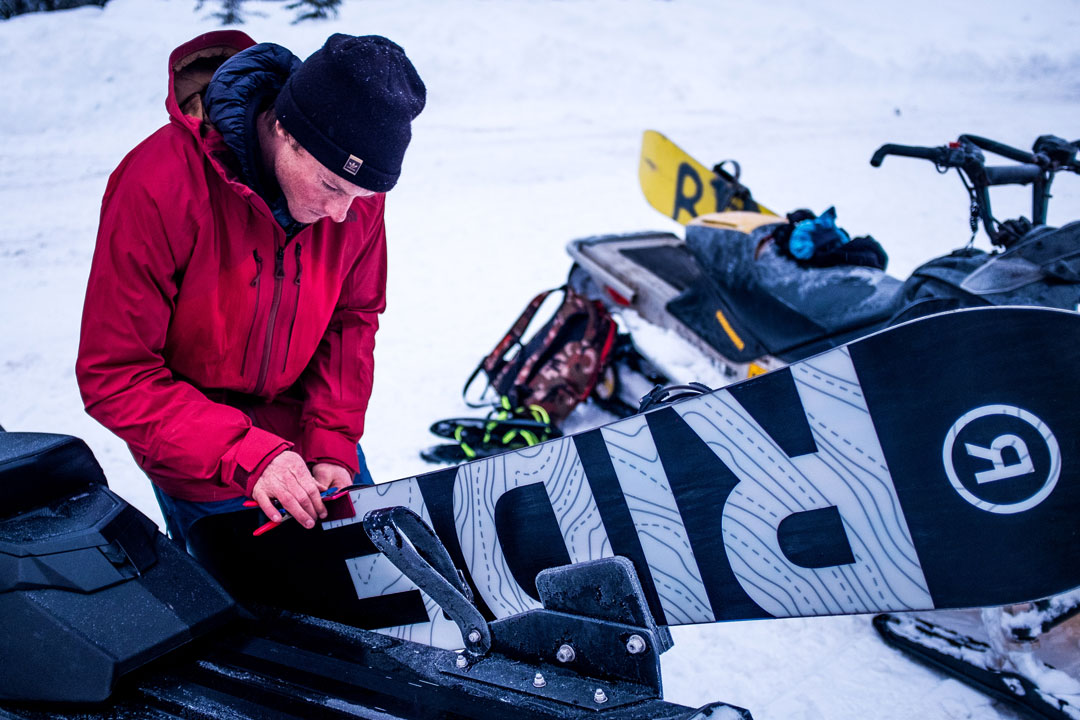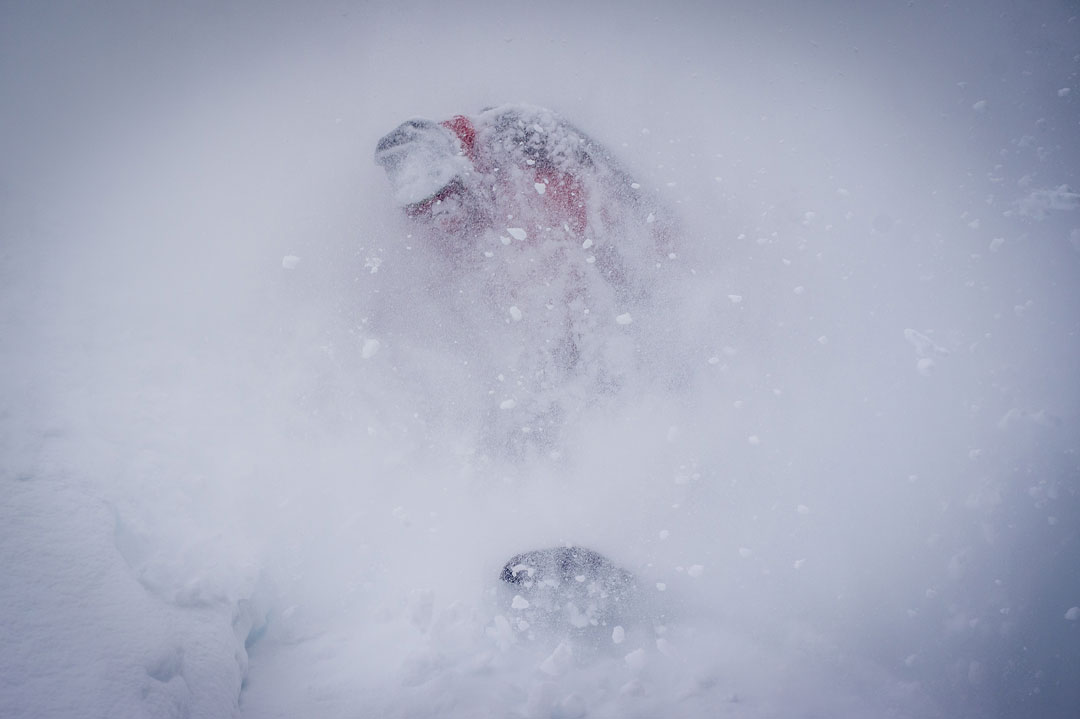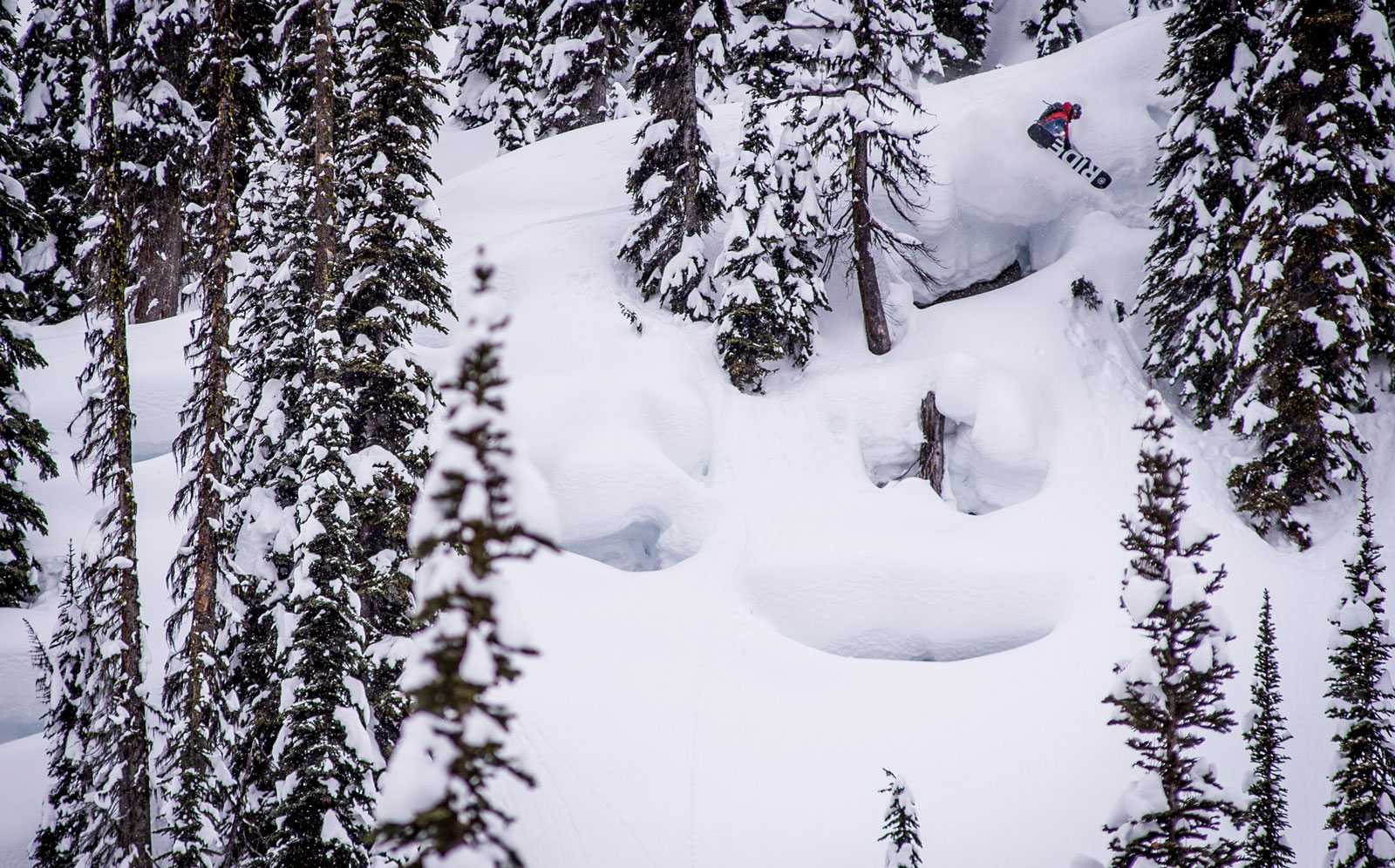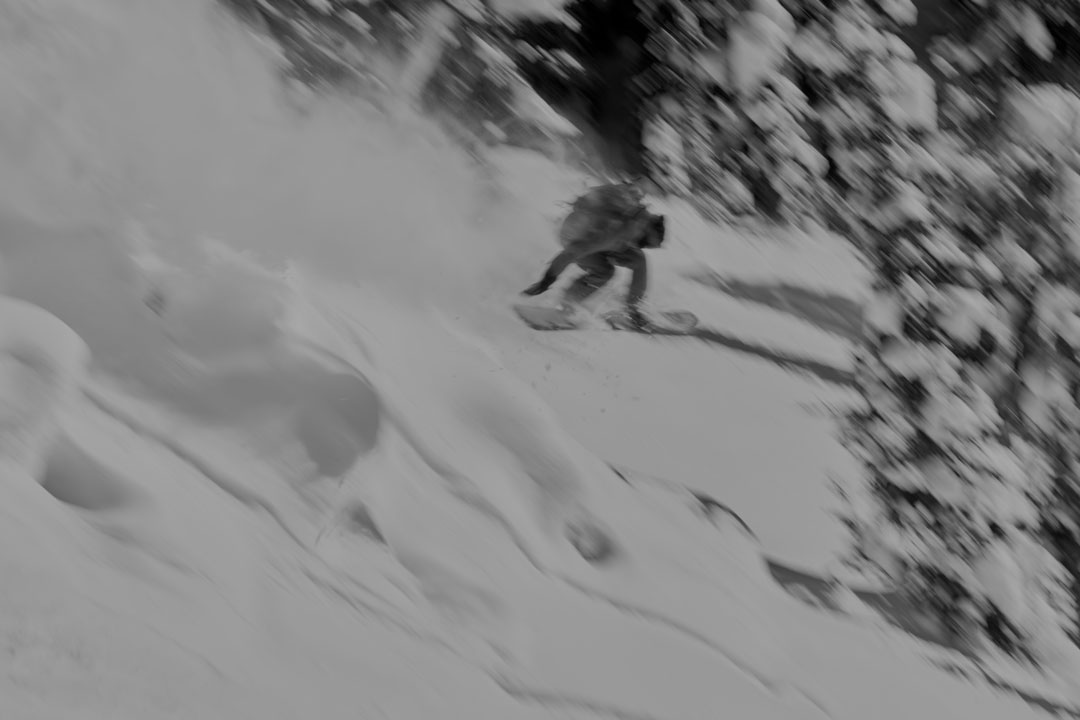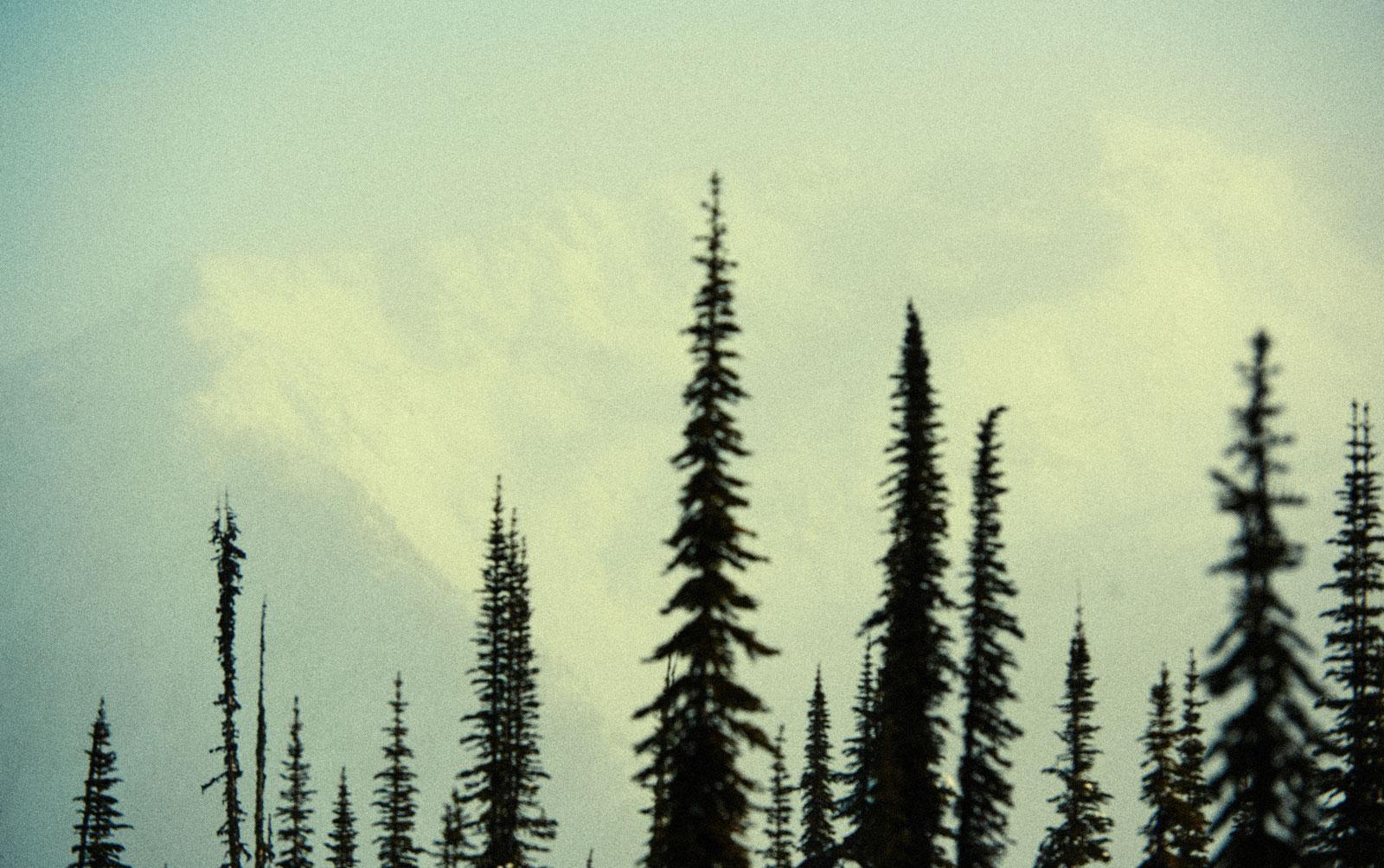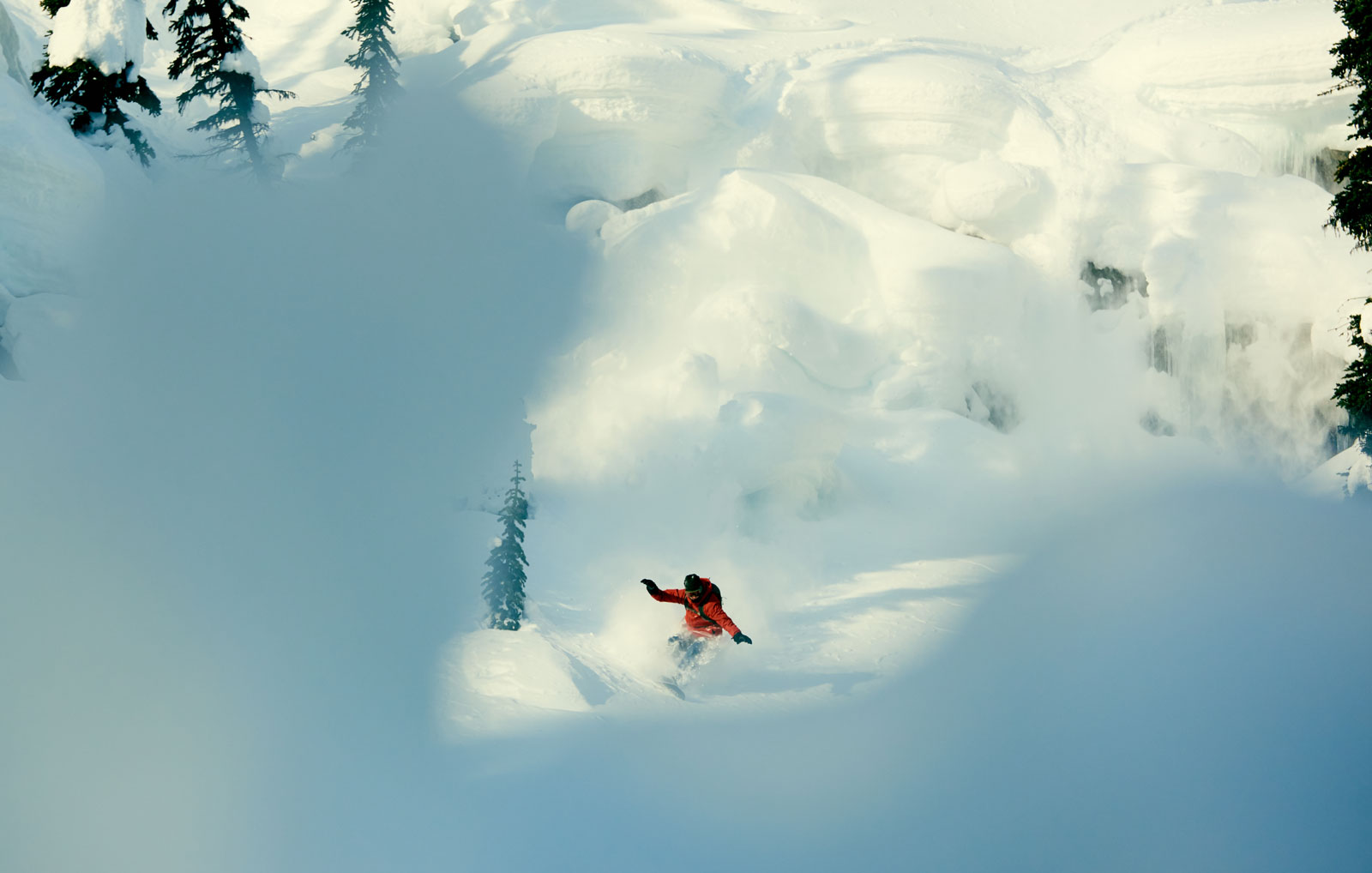K. János
„Ez volt az első alkalom, hogy síelni tanultam, és a csapat fantasztikus! Mindenki türelmes és barátságos, segítettek minden lépésnél. Már várom a következő szezont!”
F. Andrea
„Remek oktatók, profi csapat! A gyerekek imádták a síoktatást, és nagyon sokat fejlődtek rövid idő alatt. Köszönjük az élményt!”
S. Gábor
„Semmering gyönyörű hely, de a legjobban a síoktatás nyűgözött le! A csapat nagyon jól felkészült és egyénre szabott figyelmet biztosított.”
B. Krisztina
„Többéves tapasztalattal is rengeteget tanultam a csapattól. Kiváló technikai tudásuk van, és a pozitív hozzáállásuk segített, hogy jobb síelővé váljak.”
T. Péter
„Kezdőként érkeztem, de a csapat lelkesedése és szakértelme meggyőzött, hogy folytassam. Már a második nap bátran csúsztam a pályán.”
H. Zsuzsanna
„A síoktatók fantasztikusak! Nemcsak a technikára figyelnek, hanem a biztonságra is, ami különösen fontos volt nekem. Mindenkinek ajánlom!”
L. István
„Kellemes, családias légkör, és nagyon profik az oktatók. Sosem gondoltam volna, hogy ennyire élvezni fogom a síelést, de itt minden könnyűnek tűnt.”
N. Eszter
„Az oktatás minden korosztály számára szuper! Gyermekeim és én is élveztük a közös órákat, és hatalmas élmény volt együtt tanulni. Köszönjük!”
R. Attila
„A csapat rugalmassága és figyelme minden egyes ügyfél számára lenyűgöző. Remek tippeket kaptam, amik rögtön érezhetően javították a teljesítményemet.”
M. Ágnes
„Semmeringen nemcsak a táj varázslatos, de az oktatók is. Már az első órák után magabiztosabb lettem a pályán, és élveztem minden pillanatot.”
B. Ferenc
„Az oktatók rendkívül segítőkészek és motiválók. A síelés náluk többé nem félelmetes, hanem örömteli kihívás lett. Mindenkinek ajánlom őket!”
P. László
„Kiváló oktatás, csodás táj és barátságos csapat. Az első perctől kezdve élveztem az órákat, és sokat tanultam. Köszönöm az élményt!”
V. Katalin
„Nagyon elégedett vagyok! Gyorsan és biztonságosan tanítottak meg síelni, és az egész folyamat közben végig biztonságban éreztem magam.”
G. Tamás
„Nagyon szuper volt a csapattal síelni tanulni! Az oktatók szakszerűek, de mégis laza hangulatban teltek az órák. A fejlődés garantált!”
F. Klára
„Az oktatás minden részlete tökéletes volt, és az oktatók figyelme minden egyes résztvevőre kiterjedt. Csodás élmény volt!”
Z. Norbert
„Ez volt életem egyik legjobb síelési élménye. A csapat nemcsak a technikámat javította, de rengeteg motivációt is adott. Köszönöm a fantasztikus napokat!”
T. Zoltán
„A csapat fantasztikus! Sosem gondoltam volna, hogy ennyire élvezni fogom a síelést, de ők segítettek leküzdeni minden félelmemet. Köszönöm!”
K. Ildikó
„Nagyon élveztem az oktatást! A csapat profin vezette a kezdő csoportot, és mindenki figyelmét egyénileg is megkaptam. Már alig várom, hogy visszatérjek.”
S. Mihály
„Az oktatók igazi profik! A tudásuk, türelmük és kedvességük miatt a síelés nemcsak könnyen tanulható, hanem rendkívül élvezetes is.”
B. Kata
„Nagyon színvonalas oktatás, profi csapattal. A gyerekeim síelni tanultak náluk, és alig várjuk a következő szezont, hogy visszatérhessünk!”
D. Tamara
„Szuper élmény volt! Nagyon türelmes és kedves oktatókat kaptunk, akik még a nehezebb pillanatokban is bíztattak. Köszönöm a fantasztikus élményt!”
H. Gyula
„Az oktatók egyénre szabott figyelemmel és türelemmel fordultak felénk, így mindenki a saját tempójában fejlődhetett. Remek csapat!”
N. Márta
„Gyerekeim először síeltek, és az oktatók hihetetlen kedvességgel és szakértelemmel vezették őket végig az alapokon. Köszönjük ezt a fantasztikus élményt!”
T. Zsombor
„A csapat hihetetlenül jó hangulatot teremtett, miközben biztonságos és alapos oktatást nyújtottak. Csak ajánlani tudom őket!”
V. Károly
„Fantasztikus élmény volt, a síoktatók profik, és nagyon jól tudnak motiválni! Már alig várom a következő alkalmat, hogy újra síelhessek!”
J. Anna
„Semmeringen valóban a síelés paradicsoma! Az oktatók kiválóan tanítanak, és mindezt jókedvűen, szórakoztató módon teszik. Köszönöm!”
P. János
„A legjobb döntés volt, hogy itt tanultam meg síelni! A csapat hihetetlen, és az oktatás során egy cseppet sem éreztem a félelmet. Köszönet mindenért!”

